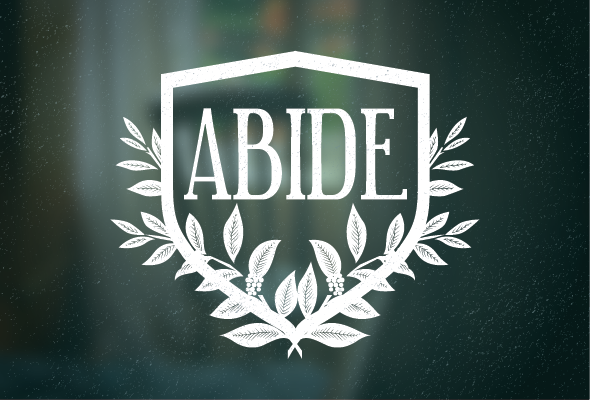Beginning to pursue the Spiritual Disciplines
This season in Karis Church, we seek to get back to basics and learn to abide in Christ. We're reading through Spiritual Disciplines for the Christian Life by Donald S. Whitney. The book is available online or on Sundays at the Karis Connecting Table so you can join along with us at any time. Daniel McCune, who serves as leader over our Missional Communities (MCs), shares his thoughts on reading chapter one, "The Spiritual Disciplines...for the Purpose of Godliness."
How to begin.
"Discipline without direction is drudgery." That is the appropriate first sentence of the first chapter of this book.
How do I begin to do something strenuous and sometimes painful? I begin by seeing what the result will be, knowing the strain and pain that will get me there, and believing that the result is worth it all.
I must admit my paradigm of spiritual health has shifted after having read this first chapter. It has proven a lens through which I am now able to see why I have shown almost no spiritual discipline in my life to this point. To put it briefly, the result of a redeemed and perfected self was taken for granted. The strain and the pain? Only somewhere on the low end of the scale of “common” curse (like the opposite of common grace) under the fall. Jesus will make all things new when he comes back, so I’ve just got to shell out my “best” for a little while longer, while incurring no extraneous unpleasantry.
Obviously, I haven’t been reading my Bible. Closeness and conformity to Christ are the results. And, yes, it is worth it.
So, now I understand where I’m headed and I have an understanding that it is going to take work and sometimes pain—just like anything else I would try to achieve, except this is eternally big. What do I do? How do I get there?
Categories of spiritual disciplines.
The author divides spiritual disciplines into two main categories—personal and interpersonal. He rightly tells me that I am probably going to lean to one or the other. I lean to “interpersonal” modes. God certainly uses modes of discipline like Sunday Gatherings, MCs, Fight Clubs, and just plain friendships to mold us into Christlikeness.
The personal disciplines are where I have left the building, just like a lot of gym rats go take a shower instead of getting under the squat rack. I spend several hours a week running with a dear brother, while talking about our lives and praying for one another. I spend several hours at a Sunday gathering, a couple at our MC gathering, and a couple with my Fight Club, not to mention living with my wife.
So what are these personal disciplines again, please? The author keeps the list short and biblical (dang, gardening didn't make the list): Bible intake, prayer, worship, evangelism, service, stewardship, fasting and solitude, journaling, and learning.
How many hours can I say I spend with all of these activities combined in a given week? Uh, suffice it to say that this is my area of improvement.
So what are other important take aways from chapter one?
• These activities are not salvation earning, but are instead evidences of salvation. • The Holy Spirit gives me these desires, since he lives in me as a disciple of Christ • These activities are sufficient for knowing and experiencing God and growing in Christlikeness (wow, do I believe this?) • I never graduate from the Gospel. All of these activities, ultimately and always, are rooted in it.
It's your turn.
What is your current thought about your eternity one day? What do you look like? How are you different or the same? What will it take to get there?
When you begin some other undertaking, whether it be becoming proficient in a hobby or starting a business, what are the initial steps to make it happen? How can those steps help you in becoming more like Christ?
Would you share your answers in the comments below? We'll discuss chapter two, on Bible intake, next week.

